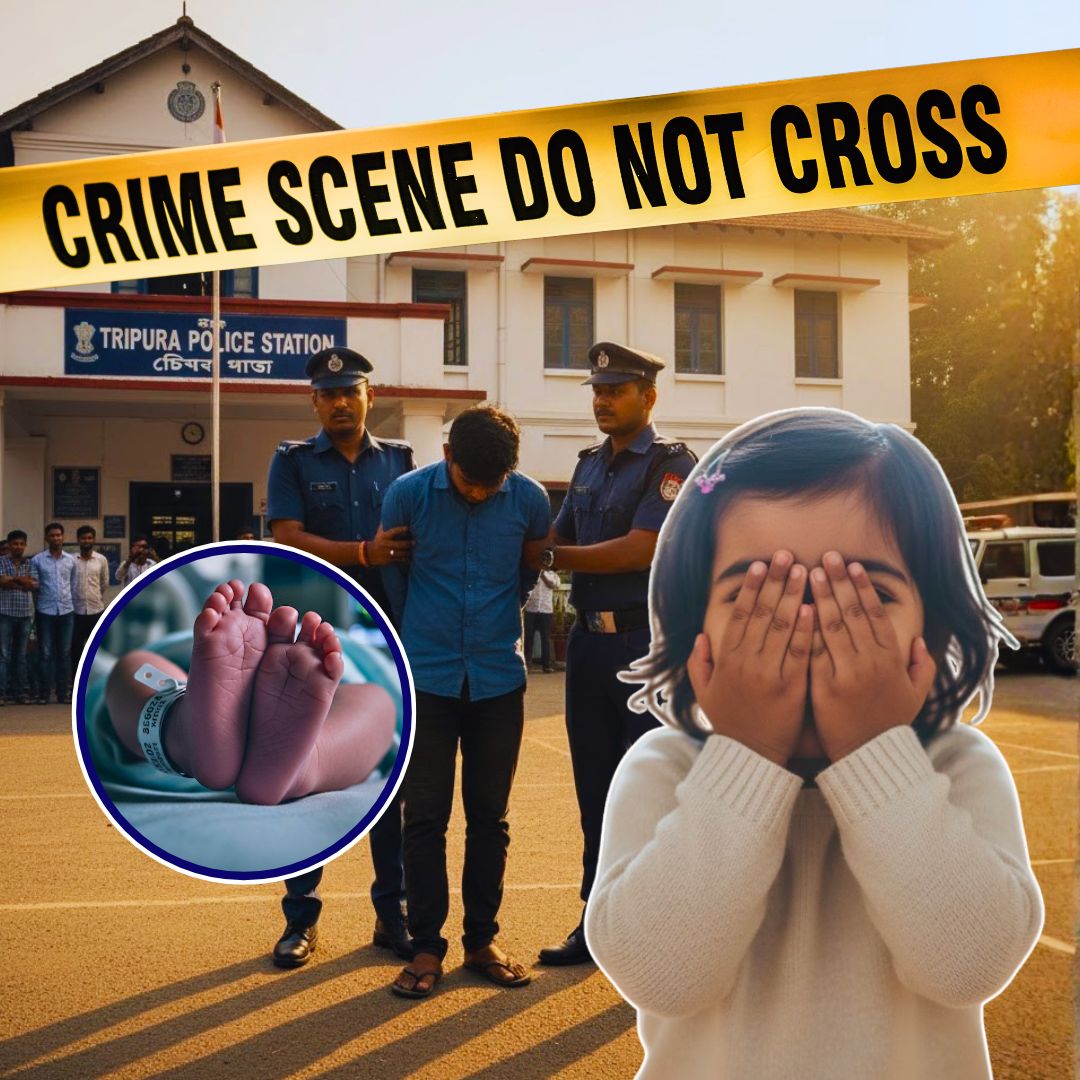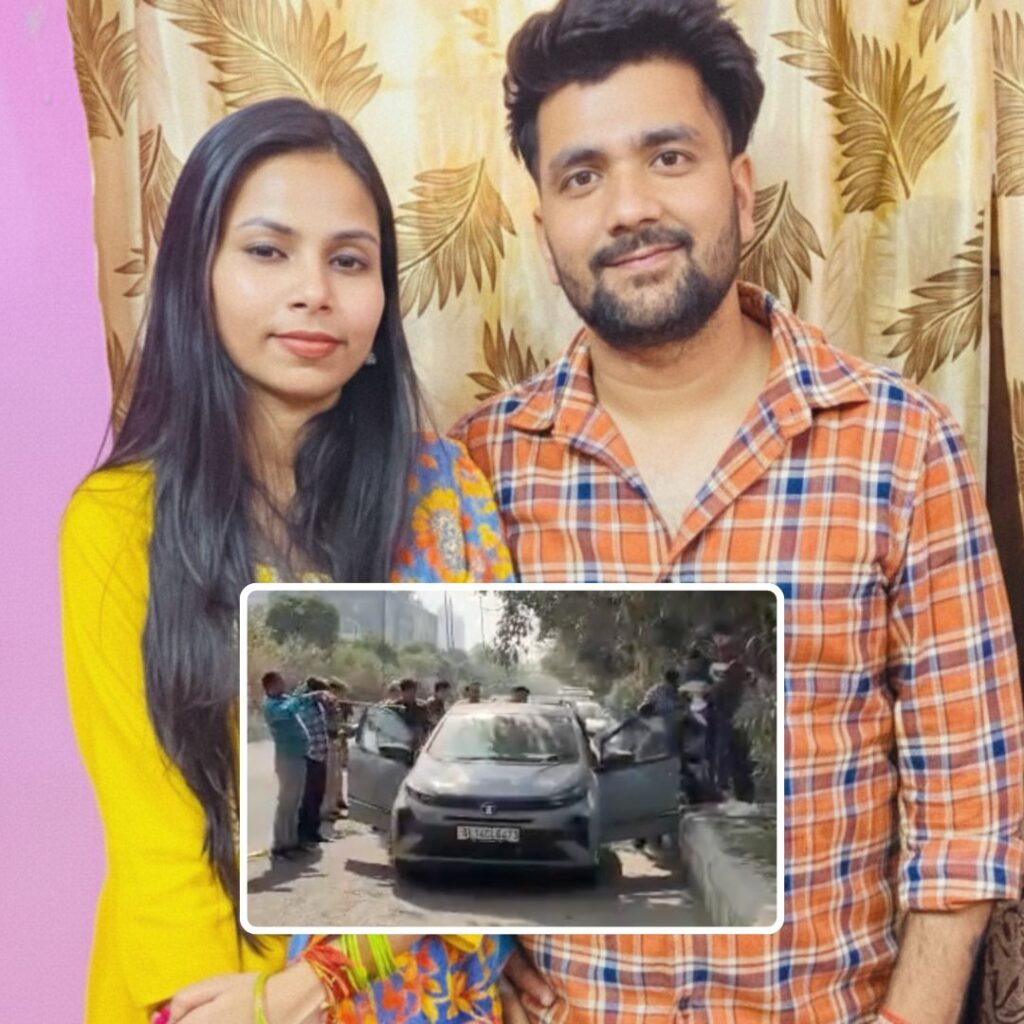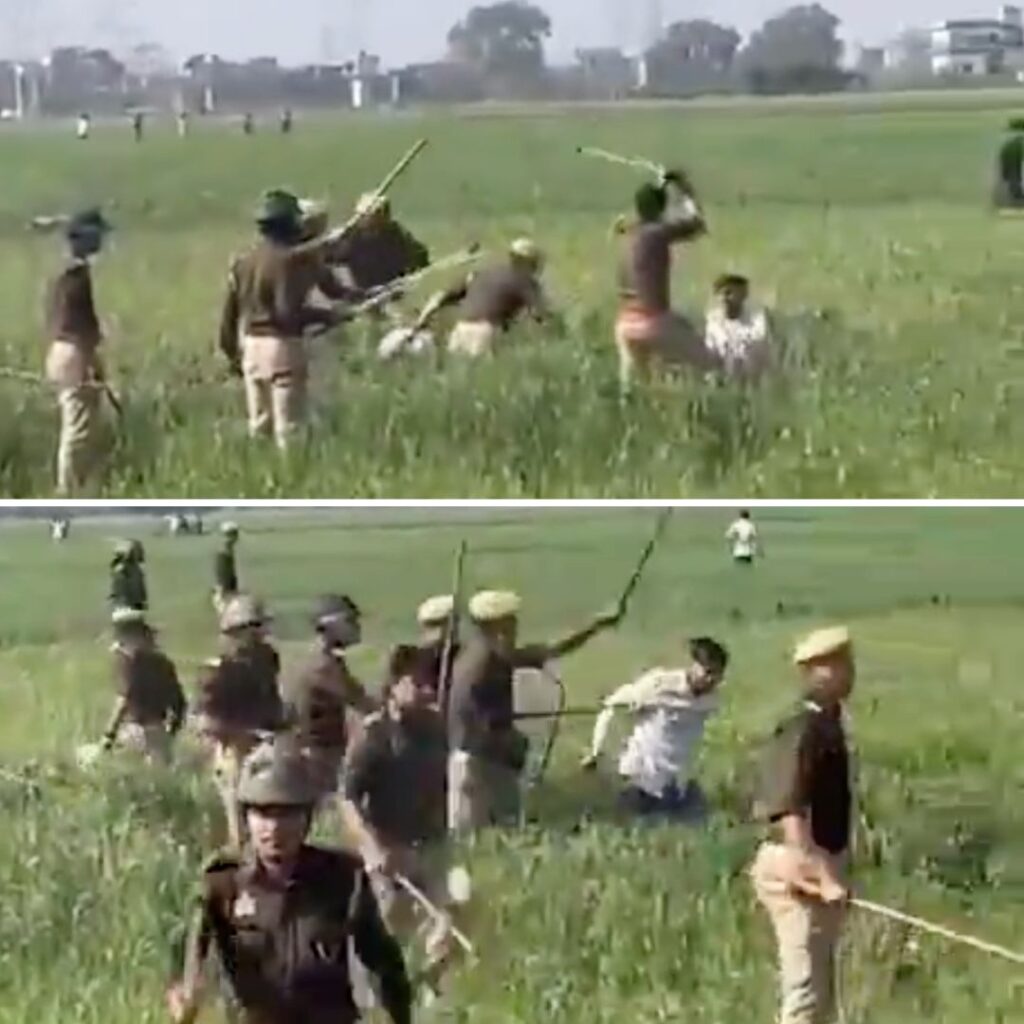In a profoundly distressing incident on October 11 in Panisagar, Tripura, a 14-month-old girl was allegedly raped, murdered, and buried alive by her maternal grandfather, Jaynal Uddin, a daily wage labourer. The child was visiting her maternal uncle’s home with her mother when the accused took her away under the pretext of an outing and did not return.
Following a swift and intensive search, police arrested the accused from Nilam Bazar in Assam. The toddler’s body was found buried in a nearby paddy field, and a post-mortem confirmed the cause of death and sexual assault. Authorities have assured stringent legal action, and the community mourns the heinous loss.
Community Grief and Police Response
The disappearance of the 14-month-old sparked immediate alarm among family and neighbours around 8 p.m. on October 11. The toddler, who had been at her uncle’s home, was last seen with her maternal grandfather, who offered to take her for a short outing.
When she failed to return, the family alerted local authorities. Hundreds of villagers joined frantic search efforts, underscoring the close-knit nature of Panisagar’s community. Police investigations quickly identified the suspect’s unusual behaviour and ultimately traced him to Nilam Bazar, Assam, where he was apprehended the following day.
Panisagar Sub-Divisional Police Officer Rahul Balhara confirmed that the accused fled the initial crime scene but was tracked down through coordinated efforts including cross-border police cooperation. He stated that the accused confessed during interrogation and would face charges under the stringent Protection of Children from Sexual Offences (POCSO) Act and Indian Penal Code sections related to rape and murder.
The victim’s body was recovered buried under soil in a paddy field near her home, deepening the community’s horror at the crime. Local residents have demanded justice and urged government authorities to institute stricter child protection measures.
Alarming Increase in Child Violence in the Region
This tragic case is one among several recent incidents that expose growing vulnerabilities faced by children in the North East. According to official data from the National Crime Records Bureau, reports of sexual offences against minors have seen a worrying rise, highlighting systemic gaps in preventive measures and law enforcement.
Experts in child welfare emphasize the need for heightened public education campaigns, community policing, and continuous monitoring to protect minors effectively.
What makes this incident even more harrowing is the accused’s familial relationship with the victim, which underscores the uncomfortable reality that threats to children often come from within trusted domestic spaces. Activists argue that family environments must not be overlooked when considering child safety strategies, pushing for accessible counselling and awareness programs for families.
The case has reignited calls for a multi-layered approach combining legal, societal, and educational efforts to stem the tide of such violent offences.
Legal Framework and Judicial Safeguards
India’s legal system has stringent provisions like the POCSO Act designed to protect children from sexual offences through fast-tracked trials and severe punishments. In this case, the accused is likely to face charges not only for rape but also for murder and unlawful burial of the child’s body. Officials have assured the family and public that the investigation will be thorough, ensuring accountability.
This case highlights the critical importance of timely and sensitive police response combined with judicial efficiency in delivering justice for young victims. It also points to the necessity for constant vigilance and community cooperation in reporting suspicious behaviour early.
The swift arrest and ongoing investigation serve as a reminder that enforcement agencies are committed to pursuing justice, though broader societal change remains essential.
The Logical Indian’s Perspective
The rape and murder of a helpless infant by a close family member is a somber call to action for society. The Logical Indian unequivocally condemns this act of extreme violence and mourns deeply with the bereaved family and community. Such tragedies expose the urgent need for holistic societal safeguards that protect children’s innocence and dignity.
Beyond legal measures, the solution lies in cultivating empathy, kindness, and awareness within families and neighbourhoods. We must champion education that promotes respect and empathy, empower communities to speak out and intervene, and hold every individual accountable for protecting children’s rights. Only through collective effort can such heinous acts be prevented in the future.












